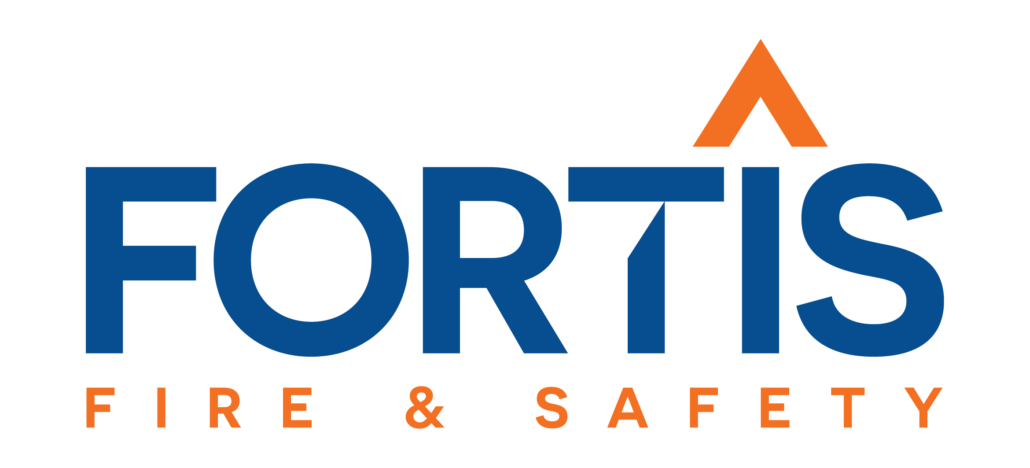Fire Prevention Services: Proactive Measures for Protecting Your Business
Fires can have devastating consequences for businesses, leading to property damage, financial losses, and potential harm to employees and customers. As a business owner, it is crucial to prioritize fire prevention services to safeguard your premises and maintain the continuity of your operations.
By taking proactive measures and implementing effective fire prevention strategies, you can significantly reduce the risk of fire incidents and minimize their potential impact. In this blog, we will explore key fire prevention services and strategies that you can employ to protect your business.
Fire Risk Assessment
A thorough fire risk assessment is an essential step in developing an effective fire prevention plan for your business. By engaging the services of a professional fire safety consultant, you will receive a comprehensive evaluation of your premises. The consultant will carefully assess the layout, equipment, and operations of your business to identify potential fire hazards. Through this assessment, the consultant will evaluate ignition sources, combustible materials, electrical systems, and storage practices. The on-staff expert will also review your existing fire safety measures to determine their effectiveness. Based on the findings, the consultant will provide valuable insights and recommendations to improve your fire prevention strategies, such as upgrading fire safety equipment, implementing additional safety measures, or enhancing employee training programs.
Fire Detection Systems
Early detection of fires minimizes damage and ensures the safety of everyone on your premises. Installing a reliable fire detection system is an essential component of your fire prevention plan. These systems employ technologies like smoke detectors, heat sensors, and fire alarms to detect the presence of a fire at its earliest stages. It is important to have comprehensive coverage of fire detection devices throughout your premises, strategically placing them in areas where fires are most likely to start.
Regular testing and maintenance of your fire detection system are critical to optimal performance. Consider upgrading to smart fire detection systems that provide real-time alerts for faster response times and remote monitoring capabilities.
Fire Suppression Systems
In addition to early detection, having appropriate fire suppression systems in place is crucial for effective fire response. Fire sprinkler systems are highly effective in controlling fires, as they quickly suppress flames and reduce heat, preventing the fire from spreading. Install fire extinguishers strategically throughout your premises, considering different types to tackle specific fire types. Fire blankets are also useful for smothering small fires.
Regular inspection and maintenance of your fire suppression systems ensures their optimal functionality. Stay up to date with advancements in fire suppression technology and provide regular training to employees on their proper operation.
Emergency Evacuation Plan
Develop a comprehensive emergency evacuation plan for your business, clearly outlining evacuation routes, assembly points, and the roles and responsibilities of employees during an emergency.
Conduct regular fire drills to test the effectiveness of your emergency evacuation plan and familiarize employees with the procedures. Evaluate the response times, communication effectiveness, and overall efficiency of the drills to identify areas that need improvement. Test the performance of your fire detection and suppression systems to confirm that they are functioning properly and up to code.
Employee Training and Awareness
Educating your employees about fire safety is essential for effective fire prevention. Conduct regular training sessions to familiarize them with fire hazards, prevention techniques, and emergency response protocols. Include topics like the proper use of fire extinguishers, evacuation procedures, and the importance of reporting potential fire hazards promptly.
Provide specialized training for employees who work with equipment or materials that pose higher fire risks. They should receive specific training on handling such materials safely and responding appropriately in case of a fire.
Maintenance and Inspections
Regular maintenance and inspections of your premises and fire safety equipment are vital to verifying their proper functioning. Schedule routine inspections of electrical systems, HVAC systems, and other potential fire risk areas. Keep track of maintenance records, including testing and servicing of fire detection and suppression systems.
Fire Safety Signage
Install clearly marked and illuminated fire exits, evacuation routes, and fire safety instructions throughout your premises. Regularly inspect and maintain the signage for clarity.
Fire Safety Policies and Procedures
Establish clear fire safety policies and procedures that outline employee responsibilities, emergency contact information, protocols for reporting fire hazards, and steps to be taken during an emergency. Regularly review and update these policies to reflect any changes in regulations or business operations.
Fire Safety Culture
Promote a strong fire safety culture within your organization by fostering awareness and responsibility among employees. Encourage them to be vigilant in identifying and reporting potential fire hazards. Regularly communicate and reinforce fire safety messages through internal newsletters, memos, and meetings.
Partnerships with Fire Prevention Authorities
Forge partnerships with local fire departments, fire prevention authorities, or other relevant organizations. Collaborate with them to conduct joint training sessions, participate in fire safety campaigns, or seek their expertise in reviewing your fire prevention measures.
Business Continuity Planning
Develop strategies for temporary relocation, data backup and recovery, and alternative operations to minimize disruption to your business in the event of a fire. Regularly review and update this plan to adapt to changing circumstances or business growth.
Stay Updated on Fire Safety Regulations
Keep yourself informed about the latest fire safety regulations and codes applicable to your industry and location. Compliance with these regulations ensures the safety of your business and protects you from potential legal liabilities. Stay in touch with local fire authorities or engage the services of fire safety consultants for guidance.
Final Notes
Fire prevention services should be a top priority for every business owner. By investing in fire risk assessment, reliable detection and suppression systems, emergency planning, employee training, regular maintenance, and proper signage, you can significantly reduce the risk of fire incidents and safeguard your business. Remember, being proactive in fire prevention not only protects your property and assets, but also protects everyone associated with your business. Don’t wait for a fire to happen; take action now to protect your business from this potentially devastating threat.
Learn More About Fortis
At Fortis, we provide cutting-edge expertise in fire protection planning, design, and construction. We understand the challenges that modern facilities face and utilize our experience to find efficient and cost-effective solutions. From initial planning to acceptance testing and beyond, we offer a comprehensive suite of services.
We utilize the latest in computer-automated design to map out your system so we know the exact specifications before we even set foot on your job site. No need for drawings, we can map your facility and create blueprints from scratch.
We facilitate BIM coordination for new construction projects. We work with your BIM coordinator to load in our plans to avoid structural conflicts before they happen.
Additionally, all of our designers are NICET certified in their respective fields.
Learn more about our fire protection services.





